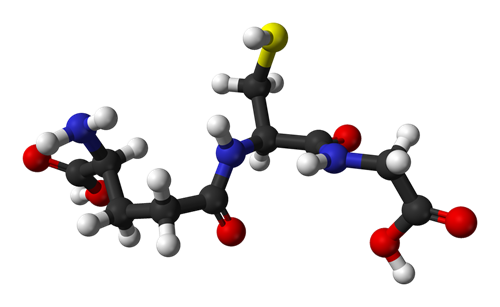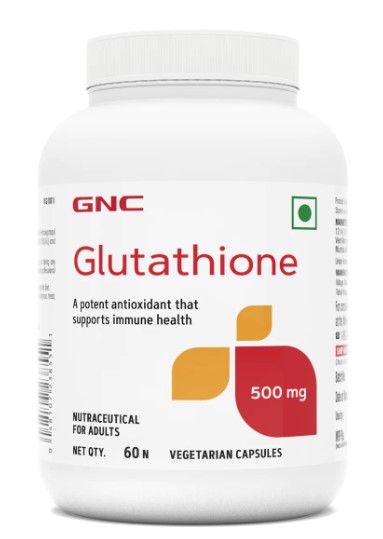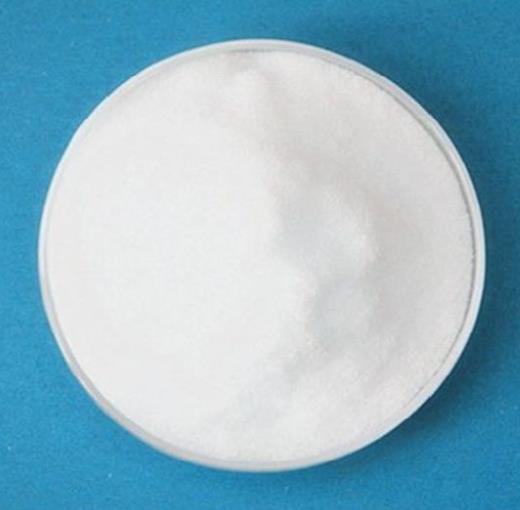Glutathione: tablets and injection; side effects; precaution
What is Glutathione?
Glutathione is a natural antioxidant that helps fight free radicals, scavenges the body of harmful bacteria and toxins, and boosts immunity, among other effects, and has been closely linked to a variety of diseases. It is made up of three substances, amino acids, glutamic acid and cysteine, which are produced by the liver. It is widely used in the medical and cosmetic industries as a dietary supplement, disease treatment, skin whitener and weight loss product.
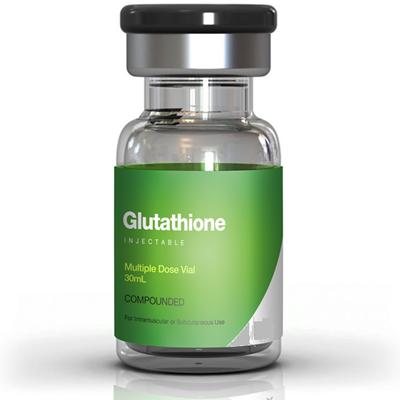
Glutathione levels in the body decline as we age. Lower glutathione levels may be associated with fatigue, poor sleep, frequent infections, anaemia (low red blood cell counts) and poor coordination, and are most commonly seen in the elderly population.
Tablets and injection
Glutathione is commonly available in two dosage forms, tablets and injections. Oral glutathione is controversial in the medical community. Oral glutathione is used to treat infertility and many other conditions. However, it may not be effective because it is thought that glutathione may be broken down by enzymes in the stomach. Some studies suggest that your body may not be able to use the pill effectively. But other studies have found that taking glutathione by mouth may increase glutathione levels in your body. A special form of the supplement, called liposomal glutathione, may be more effective than standard glutathione. In addition, the study found that liver enzyme markers improved in patients with non-alcoholic fatty liver disease who took oral glutathione for 4 months. Taken together, glutathione is not fully effective when taken orally, so if you want to take it orally, it is recommended to take it sublingually for better absorption.
However, glutathione injections are often used in the medical and cosmetic industries. In the medical field glutathione injections are used to treat conditions such as Parkinson's disease, diabetes, heart disease, asthma and ulcerative colitis. It helps to reduce the tremor response in Parkinson's disease patients, reduces or eliminates tissue damage in diabetic patients, improves insulin resistance, reduces respiratory problems, reduces plaque build-up, and increases blood circulation in the arteries, among other effects. In cosmetology, glutathione injections are used to lighten skin and slow down aging. It helps lighten the skin by inactivating the enzyme tyrosinase, which is responsible for skin pigmentation, converting melanin to a lighter colour and improving uneven skin tone.
Side effects
Glutathione supplements may not work for some people. A common side effect is abdominal pain. Long-term use of glutathione has been associated with lower zinc levels. Inhaling glutathione may trigger asthma attacks in asthmatics. Symptoms may include wheezing. Others may experience adverse reactions such as allergies. If allergy symptoms occur discontinue use immediately and seek medical attention.
Precaution
While taking glutathione, it is best to avoid alcohol, smoking, caffeine medications such as acetaminophen (Tylenol) and aspirin, too much dairy; processed or fried foods.
You may like
Related articles And Qustion
Lastest Price from Glutathione manufacturers
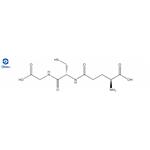
US $0.00-0.00/kg2025-11-28
- CAS:
- 70-18-8
- Min. Order:
- 1kg
- Purity:
- 98%
- Supply Ability:
- 1000kg
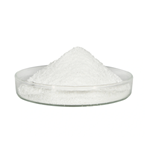
US $1.00-0.10/kg2025-11-03
- CAS:
- 70-18-8
- Min. Order:
- 1kg
- Purity:
- 99%
- Supply Ability:
- 300tons


